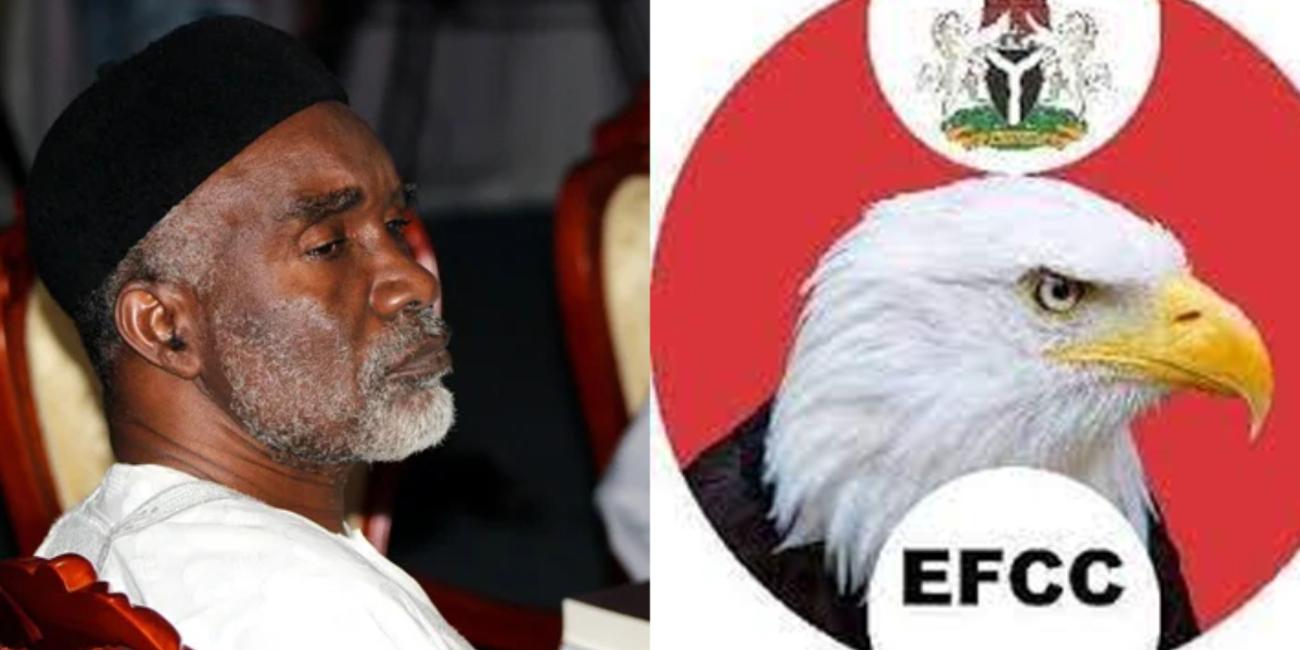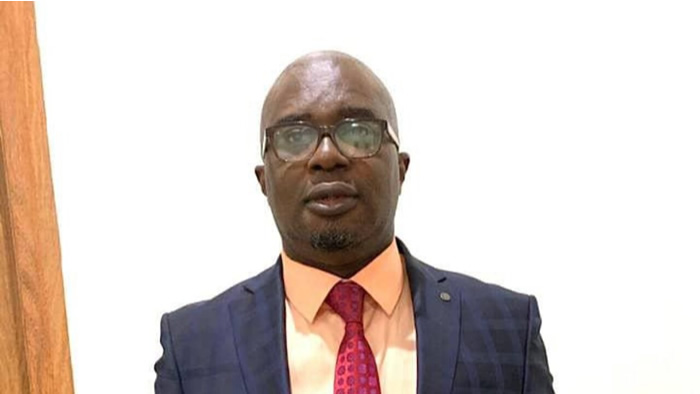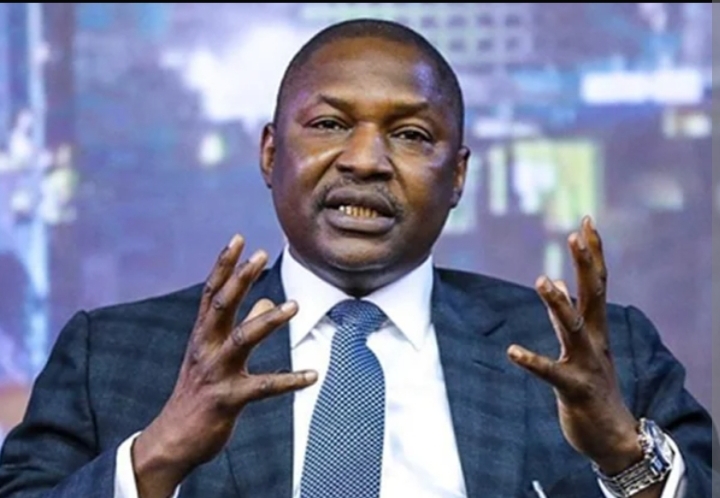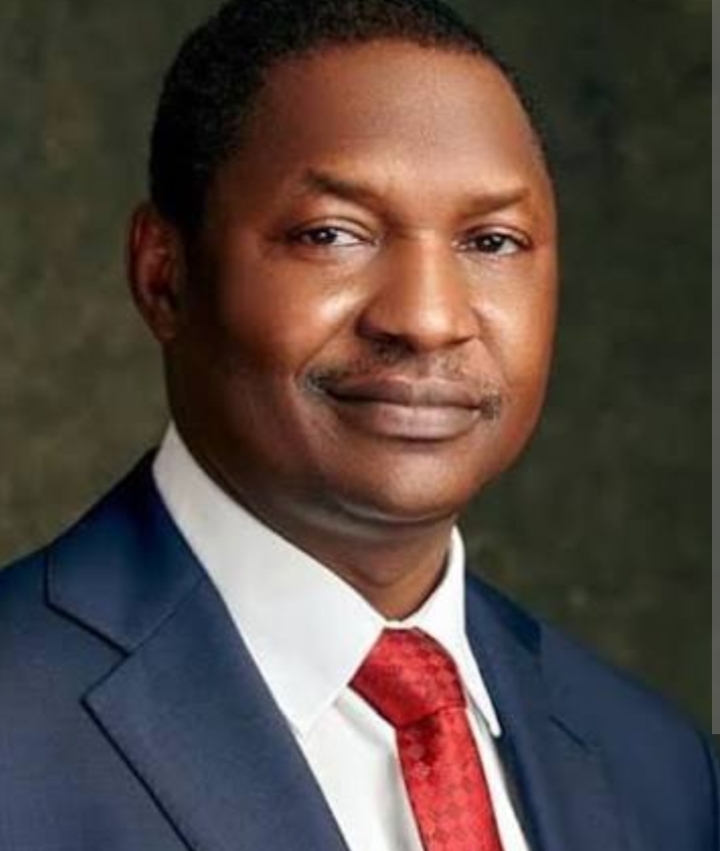A growing wave of anger is sweeping across Adamawa State and beyond following news that the Economic and Financial Crimes Commission (EFCC) may settle a decade-old corruption case involving former Governor Murtala Nyako through a plea bargain.
The case, which is being heard at the Federal High Court in Abuja, involves a staggering N29 billion allegedly siphoned during Nyako’s time in office. The move to negotiate a deal has triggered criticism from civil society groups, legal analysts, and members of minority ethnic communities, who allege selective justice and political bias in Nigeria’s anti-corruption efforts.
At the court session held on Friday, July 11, 2025, the prosecuting counsel, Rotimi Jacobs, SAN, informed Justice Peter Lifu that both parties were in advanced talks and requested a one-week adjournment to finalise the agreement. The judge adjourned the matter to July 18 for a formal report.
Nyako’s lawyer, Chief Michael Aondoakaa, SAN—a former Attorney General and Minister of Justice also confirmed progress in the discussions and said both sides were working toward an amicable resolution.
Nyako, his son Senator Abdul-Aziz Nyako, and several family-linked companies such as Sebore Farms and Pagado Fortunes Ltd are facing a 37-count charge covering conspiracy, money laundering, and criminal misappropriation.
While Section 270 of Nigeria’s Administration of Criminal Justice Act (ACJA) 2015 allows plea bargaining to encourage asset recovery and reduce trial time, critics argue the provision is increasingly being used to shield powerful figures from meaningful punishment.
“A plea deal isn’t justice when it allows looters to walk free after returning just a fraction of stolen funds,” said Jaleel Musa, a legal analyst based in Yola. “This is why public trust in the system keeps eroding.”
Many Nigerians recall how other ex-governors—particularly from minority tribes were convicted and jailed under similar charges, while politically connected figures often escape harsh penalties.
Jonathan Kauna, a commentator from Plateau State, compared Nyako’s case to those of Joshua Dariye and Jolly Nyame, who were both imprisoned for corruption. He noted that in contrast, former governors like Danjuma Goje (Gombe) and others from the northwest had charges quietly dropped.
“This double standard is fueling the perception that justice in Nigeria depends on who you are and where you’re from,” Kauna said.
Concerns have also emerged over potential conflicts of interest, given that Nyako’s wife, Justice Binta Nyako, is currently serving as a judge of the Federal High Court.
Zainab Lawan, a civil society advocate, called the case a test of judicial independence and public accountability. “The terms of any plea deal must be made public. Justice must not only be done, it must be seen to be done.”
As the July 18 court date approaches, pressure is mounting on the EFCC to ensure the outcome is transparent, fair, and not perceived as another soft landing for the elite.
Critics warn that if high-profile cases continue to end in quiet settlements, the message it sends is clear: corruption has no consequences as long as you have the right connections.





